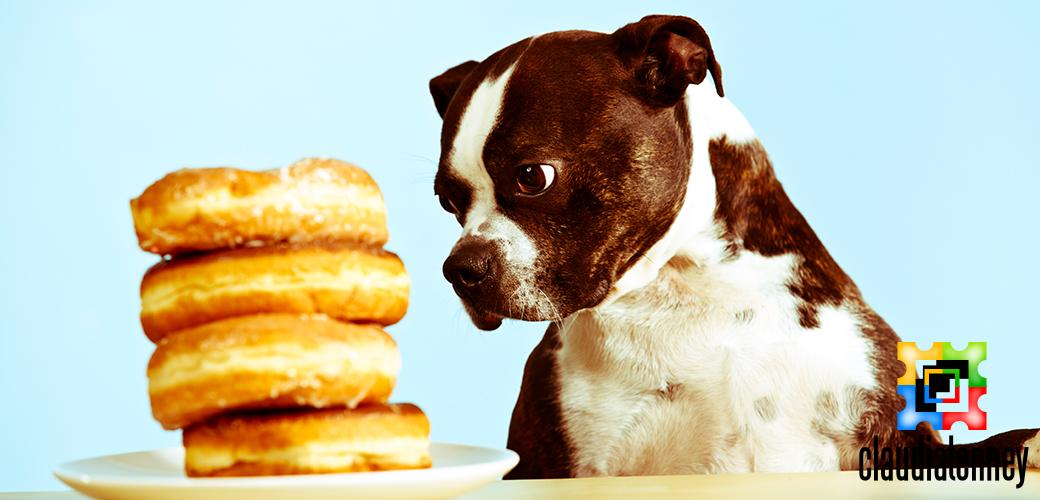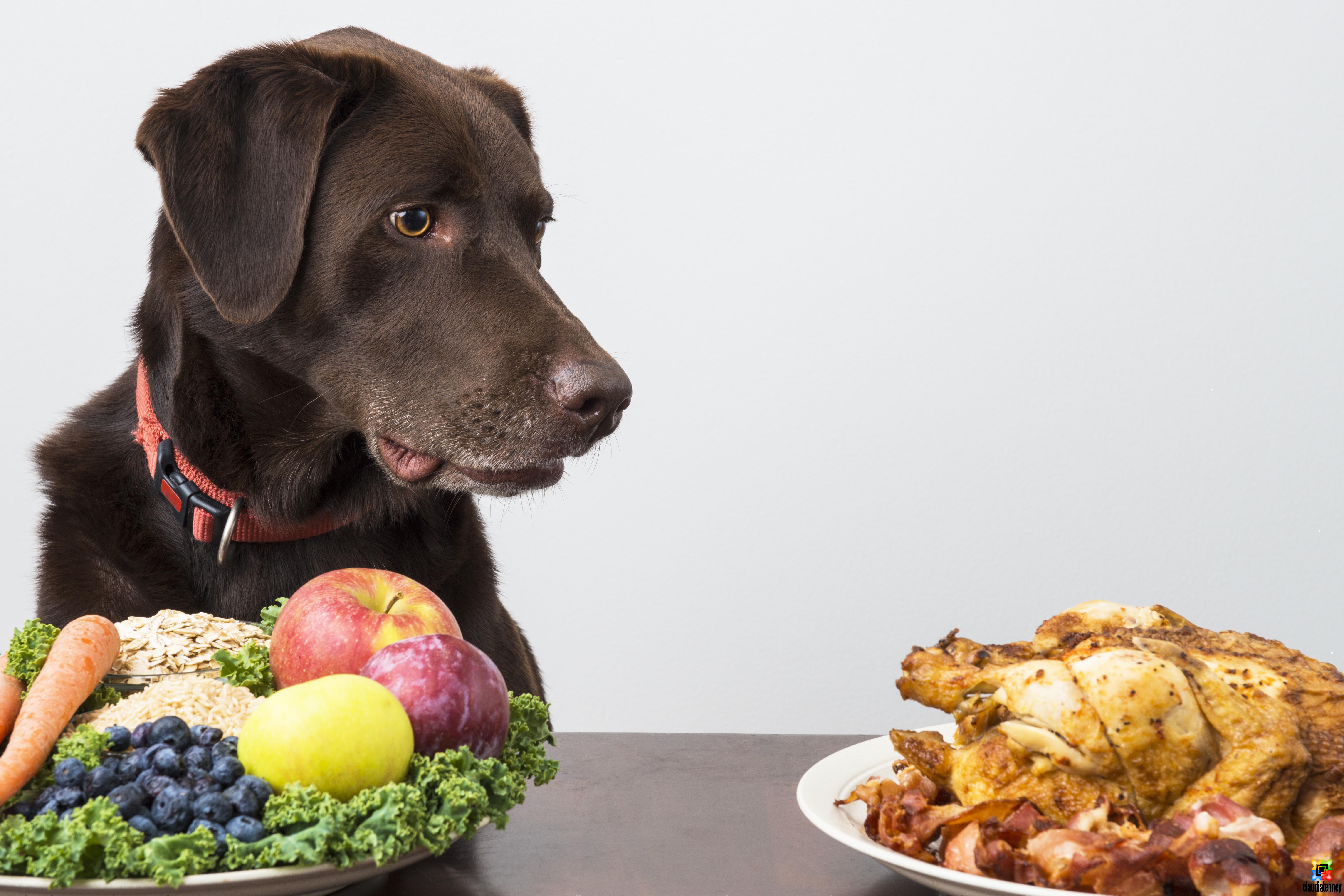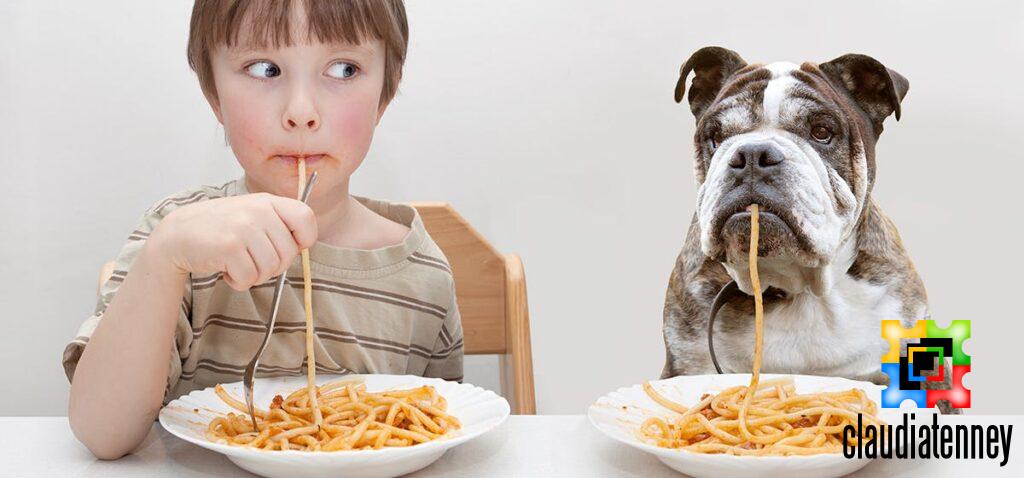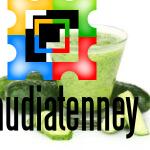Whether you are a cat owner or a dog owner, there are some things that you should consider before you eat your pet’s food. Some of these things include animal by-products, cholesterol levels, and preservatives.
Vitamin A
Whether you are feeding your dog a homemade dog food diet or buying commercial dog food, it is important to know about the vitamin content of the food you are feeding your pet. Some dog food brands include Vitamin A in their products, while others do not.

Vitamin A is an important antioxidant that plays a role in your dog’s good vision and cell proliferation. It is also necessary for your dog’s healthy bone and muscle development.
A good source of Vitamin A is carrots. However, too much of the vitamin can be toxic. It can cause bone problems in the long run. This is why it is important to determine the right amount of watermelon for your dog.

There are many vitamins and minerals in dog food. Calcium and phosphorus are important electrolytes in your dog’s body. They serve as a base for the teeth and bones. Calcium is necessary for the proper development of young puppies. In addition, calcium and phosphorus are also necessary for maintaining a stable heart rate.
Animal by-products
Having animal by-products in your dog’s food may sound like a bad thing, but in fact they are a source of nutrients that your pet needs. They may also be a less wasteful way to source your pet’s food.
Animal by-products are waste products from the slaughter of an animal. They include feathers, manure, and other clean organs, but not necessarily the meat itself.
Animal by-products are also sometimes used to make fertilizers or biodiesel. Animal fat may also be used in these products. They are often used in less expensive dog foods.
Animal by-products can be used in a dog’s food because they are cheaper than the meat itself. However, they do not necessarily have the same nutritional value.
A pet food manufacturer might use animal by-products to make cheaper meat meals, but they may not be the best source of nutrition for your dog. They may also be difficult to digest, so you should try to avoid these ingredients in your dog’s diet.
Cholesterol levels
Almost all cells in the body contain cholesterol. This molecule is essential for all cell functions, including hormone synthesis. It is also a building block for vitamin D.
When cholesterol is too high, it can cause problems. Some animals are born with a genetic tendency to have high cholesterol levels. Other pets develop cholesterol problems as a result of a disease. Whether a dog is suffering from high cholesterol or low cholesterol, it is important to identify the cause and treat it appropriately.
One of the more common causes of high cholesterol in dogs is hyperthyroidism. When dogs are fed raw beef thyroid glands, they can develop hyperthyroidism. However, there are other conditions that can also cause high cholesterol.
In most cases, high cholesterol is not an indication of heart disease or a stroke. It can be caused by chronic obesity, insulin resistance, or endocrine gland disease. It may also be caused by kidney or gall bladder problems. If you notice any of these symptoms in your dog, consult with your veterinarian. He or she may recommend a change in your dog’s diet or exercise.
Preservatives
Using preservatives in dog food can lead to a number of health problems for your dog. The preservatives can be natural or artificial. Natural preservatives are safer to use in your dog’s diet. However, they do not have the same shelf life as artificial preservatives.
There are a few common natural preservatives. They are tocopherols, ascorbic acid, and rosemary oil. These are all antioxidants, which help prevent fats from becoming oxidized. Also, they stabilize oils and carbs. They help prevent discoloration of foods.
Natural antioxidants are preferred to artificial ones. There is a lot of evidence that these natural antioxidants are safer. These antioxidants are added early in the food manufacturing process.
Artificial preservatives include butylated hydroxytoluene (BHT), ethoxyquin, and propyl gallate. These preservatives are used in dry dog food to prevent fats from becoming rancid. They also help extend the shelf life of the product.
Safety
Using dog food as a primary source of nutrition can be dangerous. While it’s safe to eat dog food in the short term, it’s not advisable to do so in the long term. In fact, it can lead to nutritional deficiency, stomach problems, and an increased risk of foodborne illness.
While dog food is generally safe, there are some ingredients that are harmful in larger quantities. Dog food is also manufactured in a manner that’s not similar to human food.
Dog food is typically composed of grains, animal byproducts, and vitamins. Some dog foods are made in human grade facilities. They are also fortified with vitamins to boost canine health.
There are also a few ingredients that aren’t safe for humans to consume. Some of these include topical triclosan, which may be harmful to the liver.



